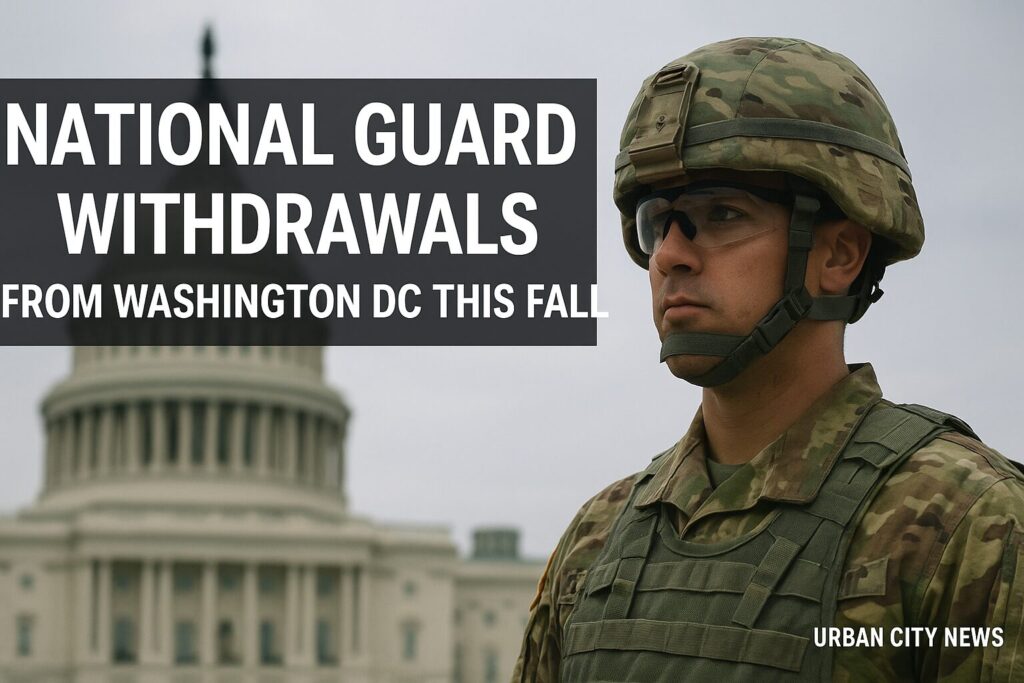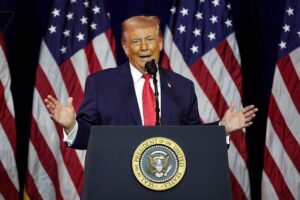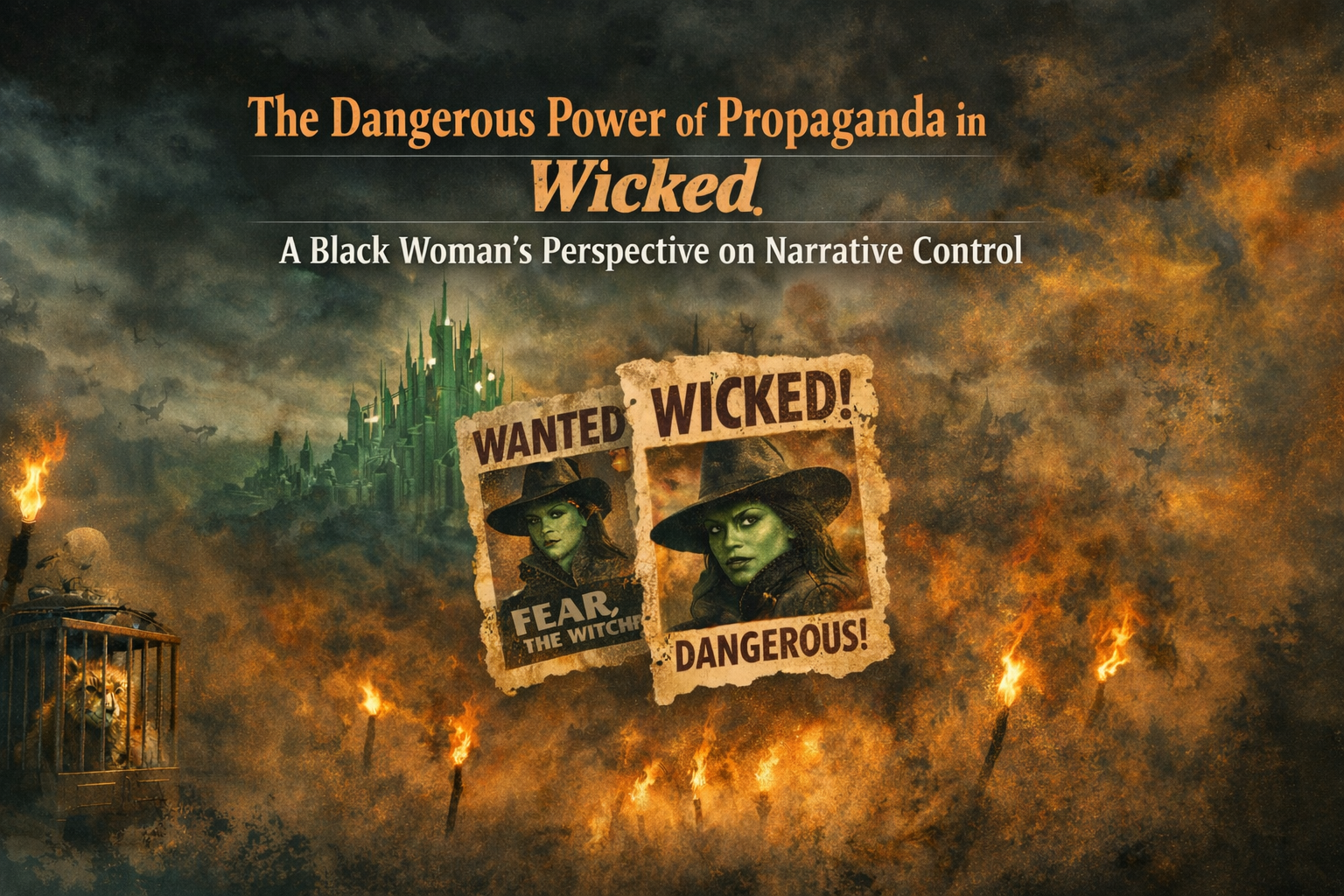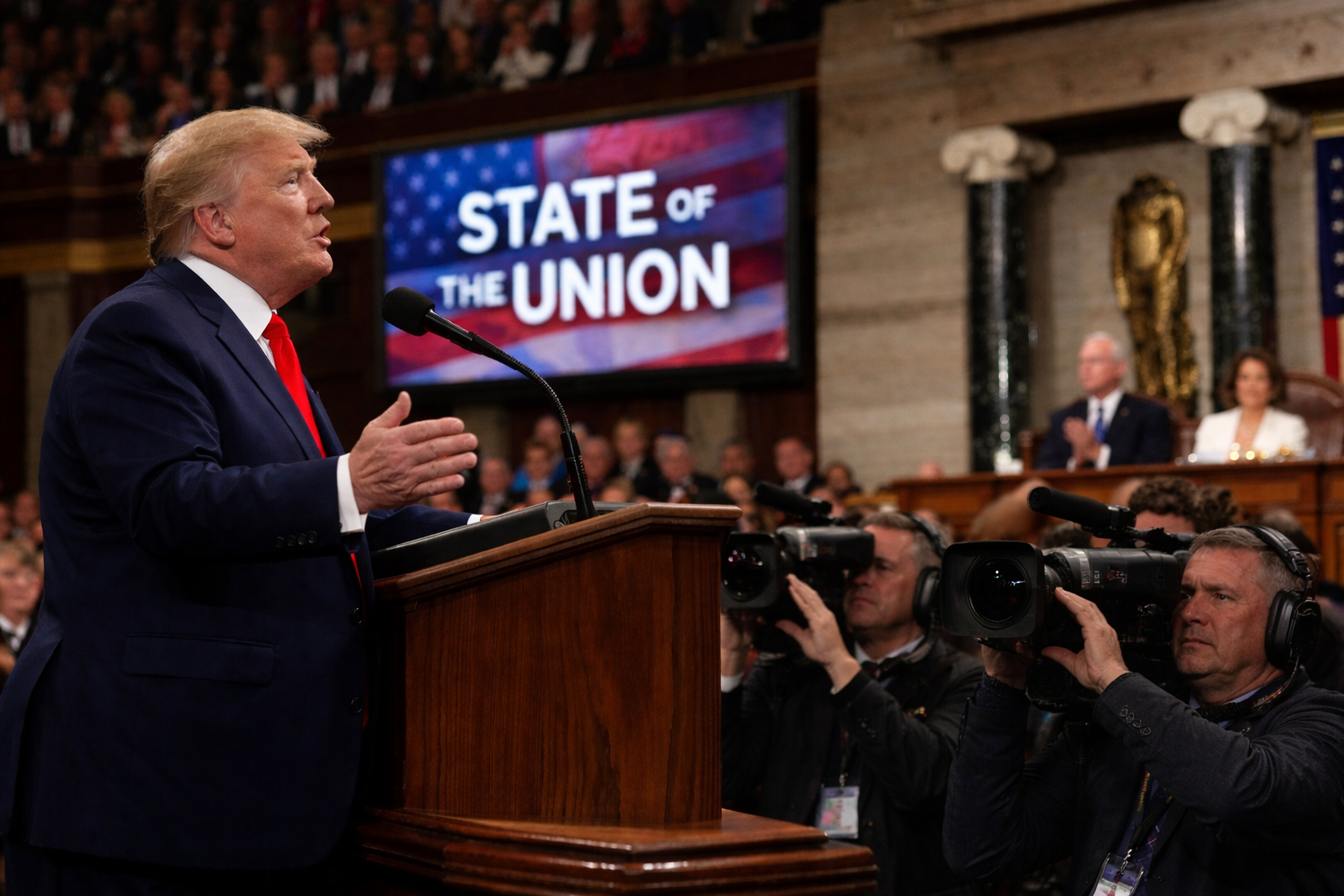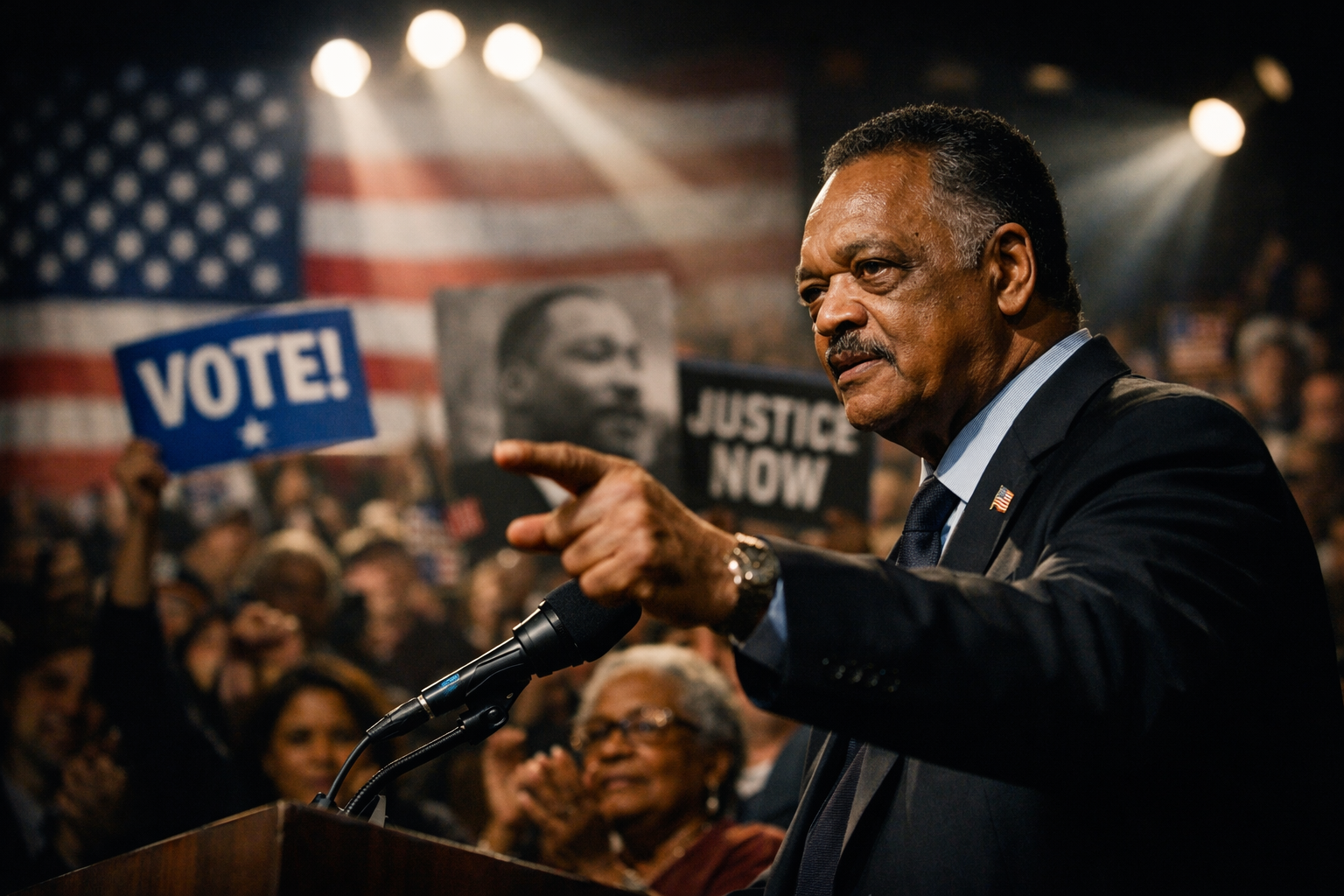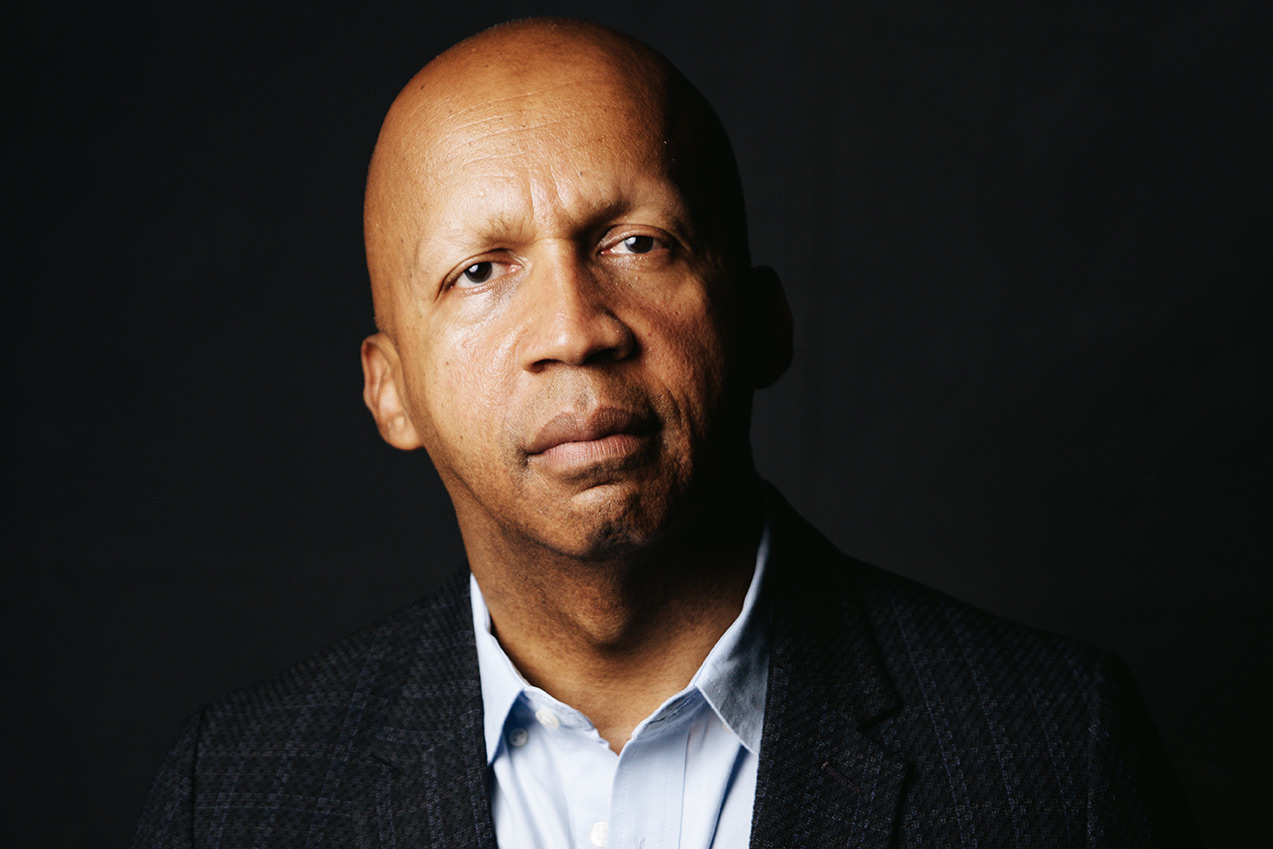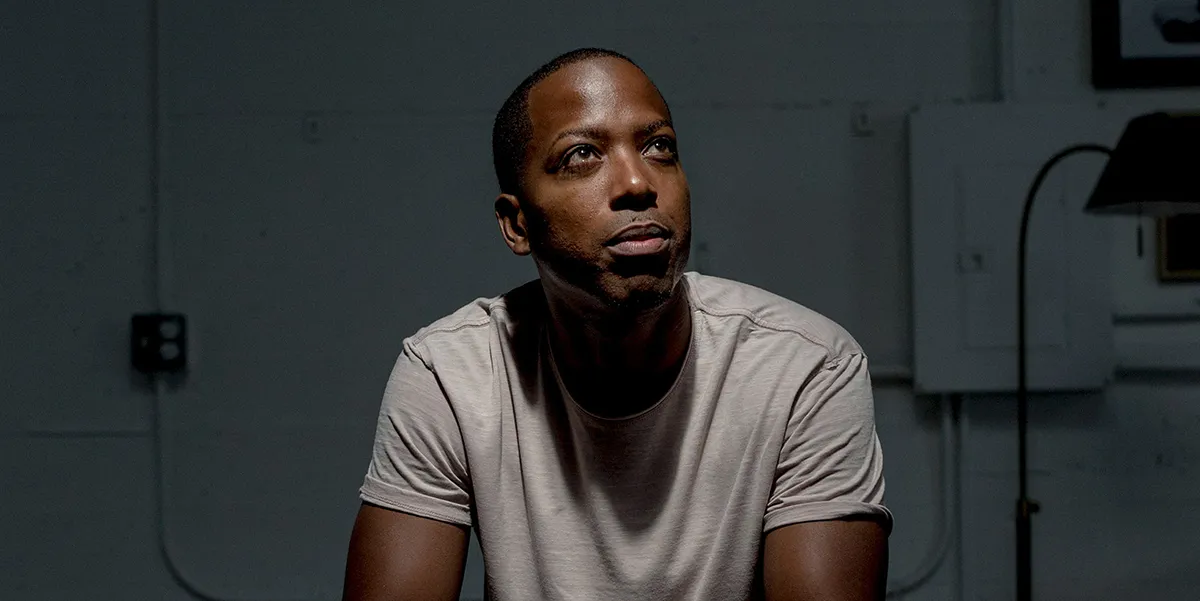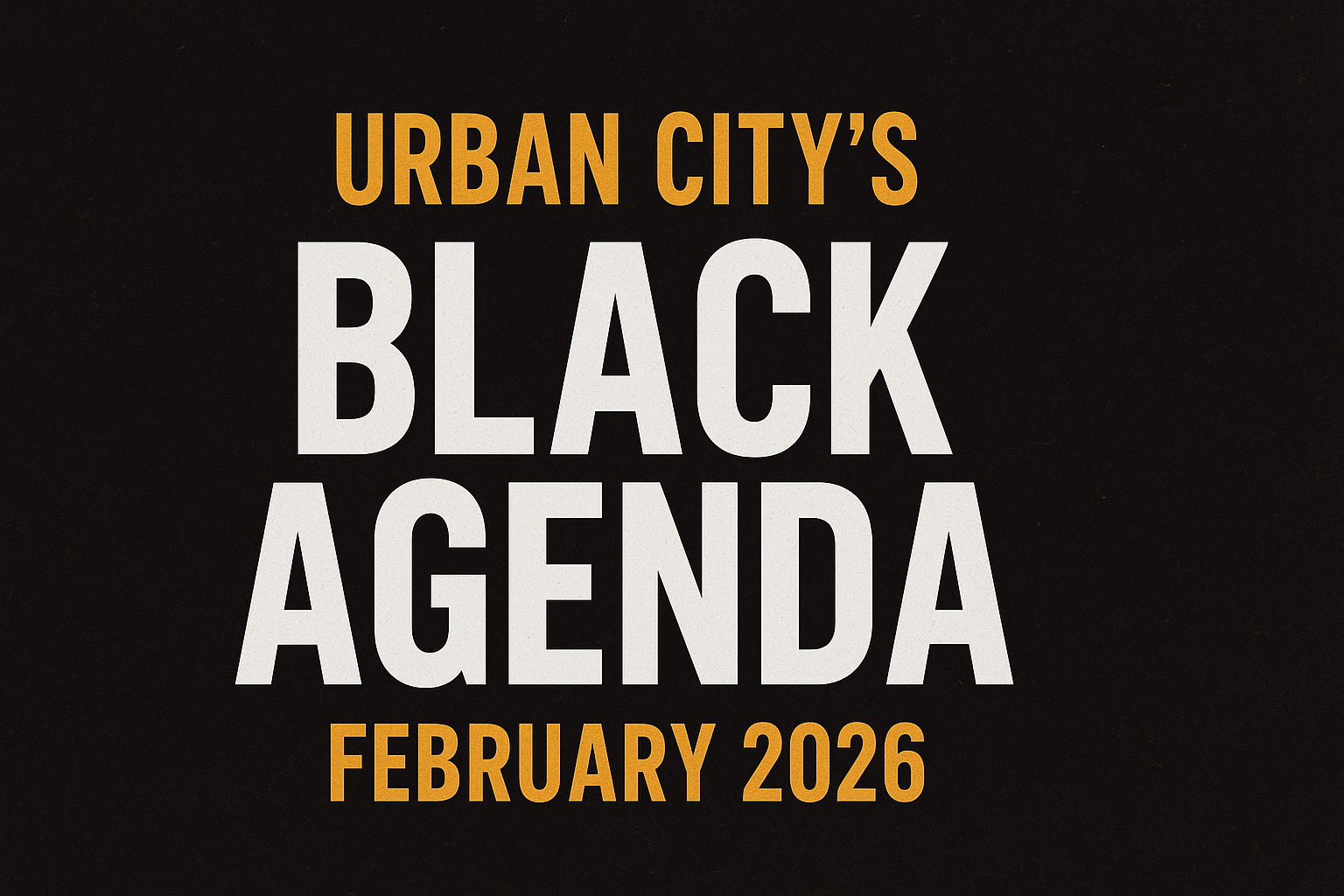Major Takeaways:
Multiple states plan to withdraw their National Guard troops from DC, reducing the city’s militarized presence.
The move challenges the balance of power between state leadership and federal control.
Washington’s experience could set a precedent for how future federal deployments are handled in U.S. cities.
States Begin National Guard Withdrawals from Washington DC This Fall
There is a strange tension in the streets of Washington right now. On one side, the city still feels like it is under a constant watch, with uniformed troops standing near metro stations, museums, and parks. On the other side, many of the states that sent those troops to the nation’s capital are preparing to bring them home this fall.
Several states are now set to withdraw their National Guard contingents from DC in the coming weeks. The move could change the federal presence in the city and raise new questions about how far Washington can go in deploying troops on American streets.
Which States Are Leaving
States including Georgia, Ohio, Mississippi, South Carolina, and West Virginia are expected to complete their pullout between October and November. Together, they represent a large share of the National Guard forces currently stationed in DC.
Other states such as Alabama, Louisiana, and South Dakota have not announced firm exit dates, but discussions are already underway to scale back their missions. The DC National Guard, however, will remain active through the end of the year.
Why This Shift Matters
A Changing Presence in the Capital
For months, the city has looked and felt more militarized than ever. Residents have grown used to the sight of armed troops patrolling neighborhoods, standing outside landmarks, and monitoring public spaces. Many Washington locals have voiced concerns that this has become the new normal, blurring the line between public safety and military control.
The withdrawal will reduce that presence, but it will not remove it completely. Federal orders still keep the DC Guard in place, meaning the city will continue to operate under a federal security structure until new directives are issued.
A Question of Power and Politics
The decision to pull out troops is not just about logistics—it is also about politics and authority. Several state leaders have openly said they are rethinking the long term role of their National Guard units in federal operations.
DC officials have also challenged the legality of using Guard forces to police a city that has no governor and limited autonomy. The ongoing debate could set an important precedent for how the federal government interacts with local jurisdictions in the future.
A Signal to Other Cities
Washington is the test case. Other large cities such as Chicago, Los Angeles, and Portland are watching closely to see what happens next.
If the troop drawdown in DC continues smoothly, it could encourage local leaders to assert more control over their own public safety decisions. But if the federal government reverses course, it could open the door for more troop deployments in other major cities.
How We Got Here
Earlier this year, the federal government declared a crime emergency in Washington, arguing that a stronger security response was needed. Thousands of National Guard members were deployed from multiple states to assist with policing and crowd control.
Critics argued that the move exaggerated the situation, noting that crime rates in DC had actually fallen in several categories compared to previous years. Still, the deployment continued, and at its height more than two thousand Guard members were stationed in the capital.
Because DC’s Guard answers directly to the President, city officials had limited power to oppose or modify the orders. That structure has long been a point of tension between local leaders and the federal government.
What to Watch This Fall
As the withdrawals begin, there are several key issues that urban communities across the country will be watching:
Whether states follow through on their promises to bring troops home on schedule.
Whether DC regains full control over its policing and emergency response systems.
Whether this moment sets a legal and political precedent that limits federal use of troops in cities.
How residents respond once the visible military presence begins to fade.
What kind of long term impact this experience leaves on public trust and city security policy.
The Bigger Picture
The pullback of National Guard troops from Washington is more than a matter of logistics. It is a signal of changing power dynamics between states, cities, and the federal government. It is also a test of how America defines safety, authority, and democracy in its own capital.
As troops prepare to return home this fall, the eyes of the country are on Washington once again. What happens there will echo far beyond the city limits, shaping how every major city responds when the lines between policing and military power begin to blur.

